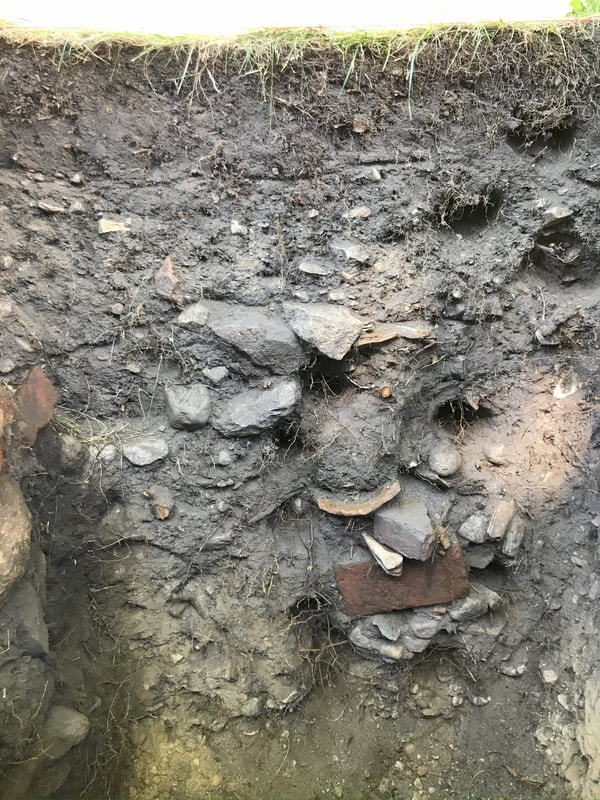|
Seeds (and kernels and pits) are some of the most common plant remains recovered at archaeological sites. Seeds, kernels, and pits are macrobotanical remains, which means that you can see them and pick them up without a microscope, as opposed to pollen grains and phytoliths, which are microscopic. These types of plant remains are really useful to archaeologists because they can often tell us about what people were eating in the past. If you think about it, so many of the plants we eat have seeds, or kernels, or pits–peaches, apples, corn, berries, peppers, watermelon, sunflowers. Usually, when seeds are found in archaeological sites, they are near or in some kind of cooking area, like a hearth. They are also common in middens, which is the fancy name for “trash pit.” Middens and hearths are definitely some of the coolest things you can find at a site–they are treasure troves of plant remains. Seeds preserve best when they are exposed to heat in a process called carbonisation (there are other ways that seeds preserve like waterlogging and mineralization, but that’s a blog post for another time). When seeds are carbonized, they become slightly burned, but not so much that they become ash. They often look black or greyish, and that’s due to that burning process. This process preserves seeds, and prevents them from decomposing in the dirt. Archaeological studies from around the world have used seeds to find out what kinds of plants people were eating or using for different purposes like animal feed or medicine. For instance, archaeologists working at a Viking Age farmstead site in Iceland found charred barley seeds in animal dung. Based on this, they concluded that the Icelandic farmers were growing barley and letting their livestock graze on the fields. Some of my favorite macrobotanical analysis experience has been finding Viking age barley from Icelandic samples. This blog post was partially adapted from a YouTube video I wrote with Smiti Nathan for her channel @smitinathan.
0 Comments
Leave a Reply. |
AuthorAnya Gruber Archives
December 2023
Categories |


 RSS Feed
RSS Feed
